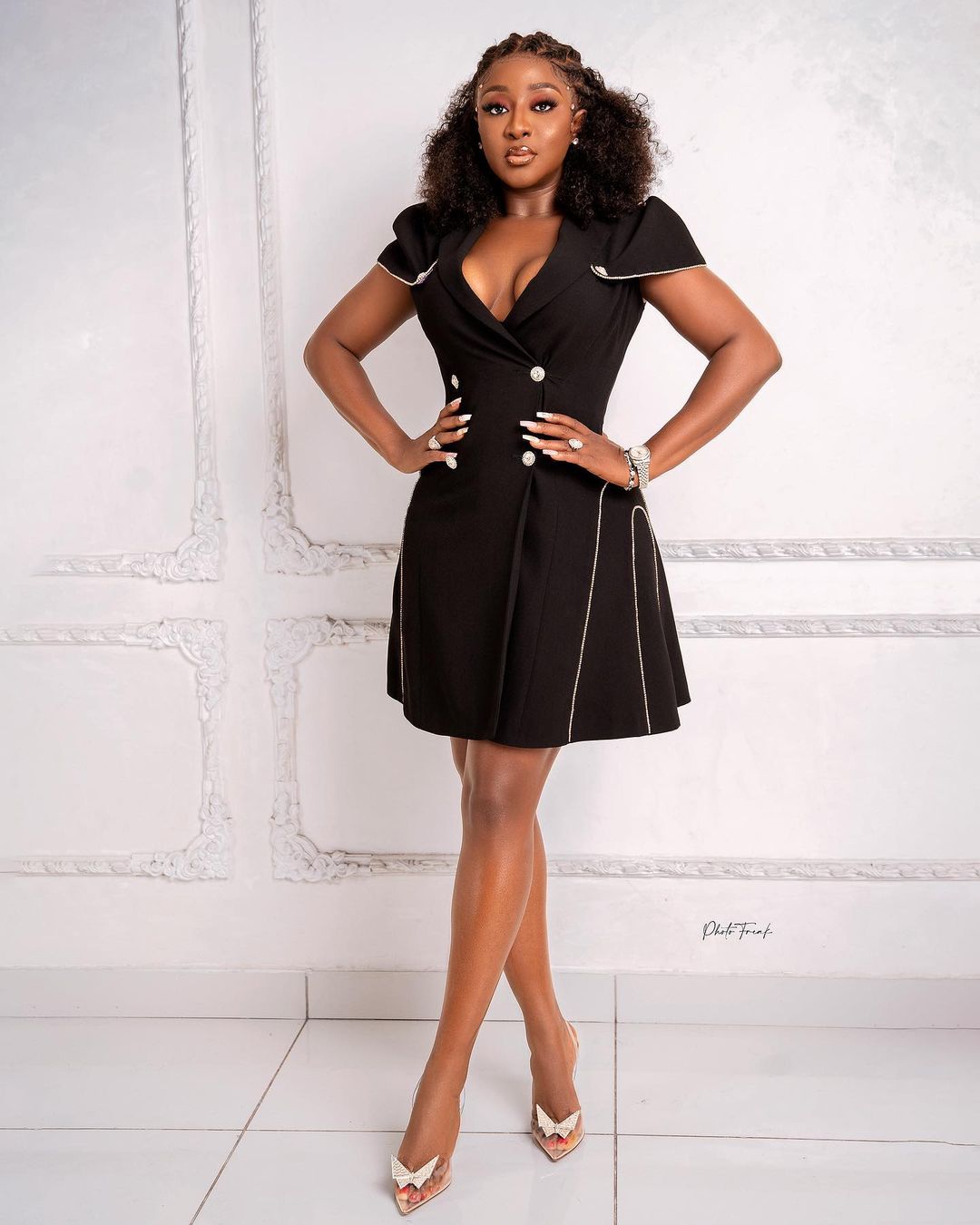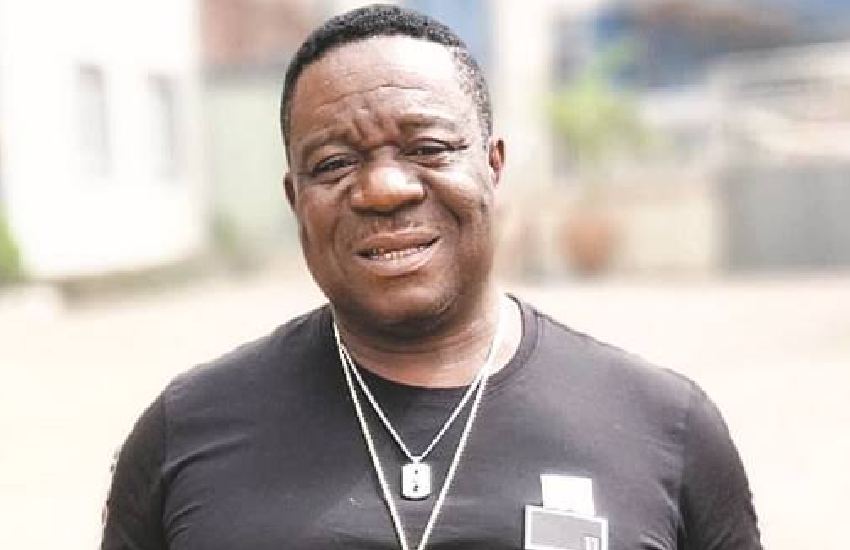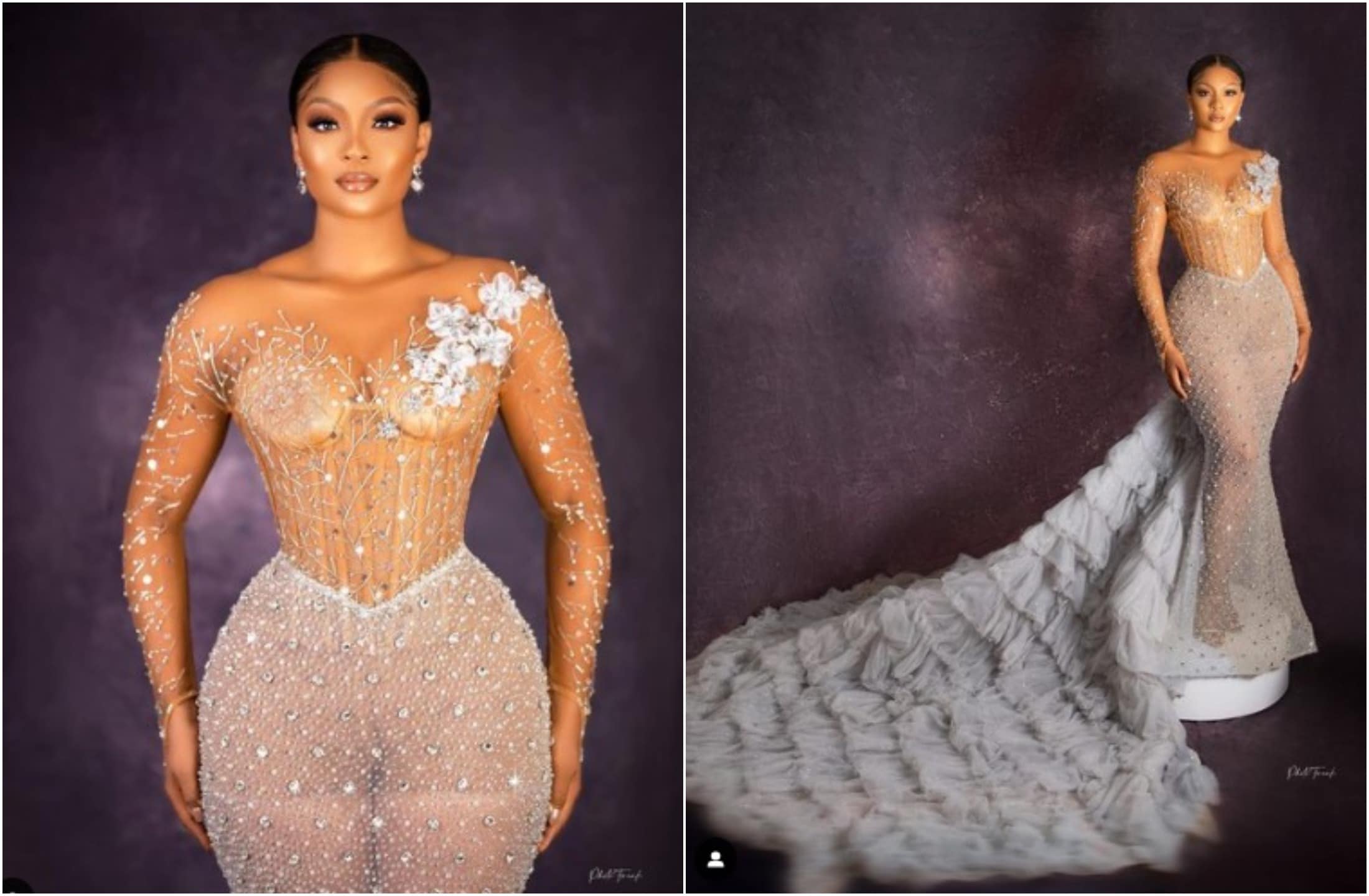Ini Edo is an award-winning actress and producer who hails from Akwa Ibom State. She started out her career in 2000 and has appeared in over 100 movies. She holds a diploma in Theatre Arts from the University of Uyo and a bachelor’s degree from the University of Calabar where she studied English. Passionate about humanitarian works, Edo has served as an ambassador to several organisations and she is running a group, Girls Empowerment Mentorship (GEM), which she uses to champion the rights of the girl child. In this interview with IJEOMA THOMAS-ODIA, she speaks about a recent project, Shanty Town, which she co-produced and in which she acted, alongside her other activities.
Shanty Town, which you co-produced is currently on the top list on Netflix. What was the experience like?
The whole experience at first was frightening, considering the kind of story it was and how far we were willing to go. Of course there was some kind of scare considering that the budget kept rising. The film industry has evolved from single screen to DVD and then to streaming services. However, the transition challenges every aspect of filmmaking and opens up new dimensions for the industry. From the ideation to conceptualisation, to engaging the right cast and crew to the implementation stage, I must confess that getting into production brought this euphoria of seeing everyone and everything just aligning like the universe agreeing with every decision we made. Seeing this loud ovation and acceptance from the viewers is just a dream come true.
What key message does the project have for its viewers?
There’s an awareness of the ills of the society that Shanty Town is beaming light on. The criminal rings that abuse women and empower young boys to carry guns, human part trafficking and kidnapping and so on . It’s an advocacy against degradation of women. These things are happening in our society, condemning and beaming light on it is an important frame we will have to do.
How would you rate the level of film production today compared to when you started out?
It’s a huge difference! Technically we have evolved as an industry. I mean to be on international platforms means that as the world and technology are evolving, Nollywood is keeping up with the pace. The creative industry in Nigeria has grown, generating millions of jobs in the last 10 years. And very clearly transdisciplinarity has set in across a broad spectrum of engagements, including comedy, movie, cinematography. The related services in script writing, animation stunt and film marketing remain a big deal for African content curators. As highly untapped and not fully harnessed as it stands, opportunities for talent development, revenue and economic impact portend great options for sustainable development.
What do you think is the future of film in Nigeria?
We are getting the attention of the international market. I see an intentional integration of Hollywood into Nollywood. I see collaborations. I was at a film festival in South Africa where we had panels of conversation with Spike Lee, Jackie Chan and Antonio Banderas where I spoke about Nollywood and the potential, and why they need these collaborations. We are an untapped industry with potential, natural resources, and locations for film making, not forgetting our original African /Nigerian stories. Africa, according to R. Toby Bailey – CEO at Borg Investment Bank, USA – is a key territory on the global map and holds a strategic position for investors. We have untapped minerals, massive human and capital resources on the continent. So, for key investors tilting towards wholly or partially exploiting these potential in Africa, they will find investment opportunities in not just the refining and mining of gold, oil and gas, but also in the film industry asides technology, power, education, transportation, banking, insurance, asset-based solutions and healthcare.
This project must have been a highpoint for you. What next should we be expecting?
My filmmaking career has come to stay. As we speak, my partner and I have just recently concluded on another project and it’s going through post-production time. I will keep making good movies, giving opportunities to up and coming artistes to thrive and shine as well as structure the industry back home. So the future looks very interesting. Better days ahead.
What does fashion mean to you?
Fashion to me is something comfortable, flattering and elegant. I like sophistication. My fashion reflects how I feel at that point in time. I’ve also found a way of enterprising my passion via our luxury fashion and cosmetic brand popularly known as ‘Secret of April’.
The brand pretty much contributes to growing fashion and beauty in Africa, offering modern fashion apparel, beauty products and accessories. SOA literally embodies my entrepreneurial life.
What’s your style?
My style is funky, unsafe, daring, sexy and bold.
What is your most valuable fashion accessory?
My most valuable fashion assets perhaps might be my wristwatches.
As a veteran in Nollywood, what lessons have you garnered over the years?
Lesson learnt over the years is the fact that nothing is handed over to you. When you want success so badly, and it’s not handed over to you, you should create your own territory. Passion is the one thing that can drive you to succeed in this industry.
What are your hobbies?
I love to watch movies, travelling, laying by the beach, swimming, cooking and reading
What advice do you have for young people, especially women who look up to you?
My advice would be to focus on your goals, take life one step at a time, work on yourself constantly, push your limits and boundaries, humble yourself and be respectful. Do not stop working to improve on your crafts.






